This is a blog post I’ve always wanted to write. Many people on social media have always asked me, “What’s it like living in Japan?” And the question is, where do I even begin on telling someone what a three year experience in Japan was? I spent the majority of my very young 20s on an island in the middle of the Pacific Ocean traveling throughout amazing places in the country. I also wrote what it’s like living in Korea and I thought I’d share my experiences in Japan as well. In this post I’ll talk about everything from dating, culture, cost of living, fashion, and everything in between.
Table of Contents
Blog Posts You Might Like
- Advice for Moving to Japan
- How To Get a Job Teaching English in Japan
- How To Get a Job on the JET Program (Coming Soon)
- Japan Survival Guide
- Why I Prefer Living in Korea Over Japan
If you’re just finding this post, (or you’ve been here awhile) hi and welcome! My name is Gina and I’ve been an expat living abroad in Asia for the past eight years. Three of those years were in Japan and five were in South Korea. I grew up in the suburbs of Chicago and spent a lot of time in the Windy City. Since I was 12, I dreamed about one day living in Japan. I eventually made that dream come true when I was accepted onto the JET Program and taught in Okinawa from 2012-2015. If you’d like to know more about my journey, check out the about me section of my blog.
While living in Japan, sometimes I felt like people thought my life in Japan was a fairytale… Which was anything but. Going through life is hard enough, but throw in a different country, culture, and way of life; it will make anyone’s head spin.
I have never forgotten my time in Japan. It made me more well rounded as a person and taught me so much about what I can and cannot take.
Though my experiences have made me strong, I’m actually a very sensitive person who gets hurt quite easily. Which is why in my adult life, if something or someone hurts me, I cut it out of my life immediately. I have two major life mantras.
1. I’d rather be alone than in bad company.
2. Life is too short to dwell on jobs, people, or things that don’t make you happy.
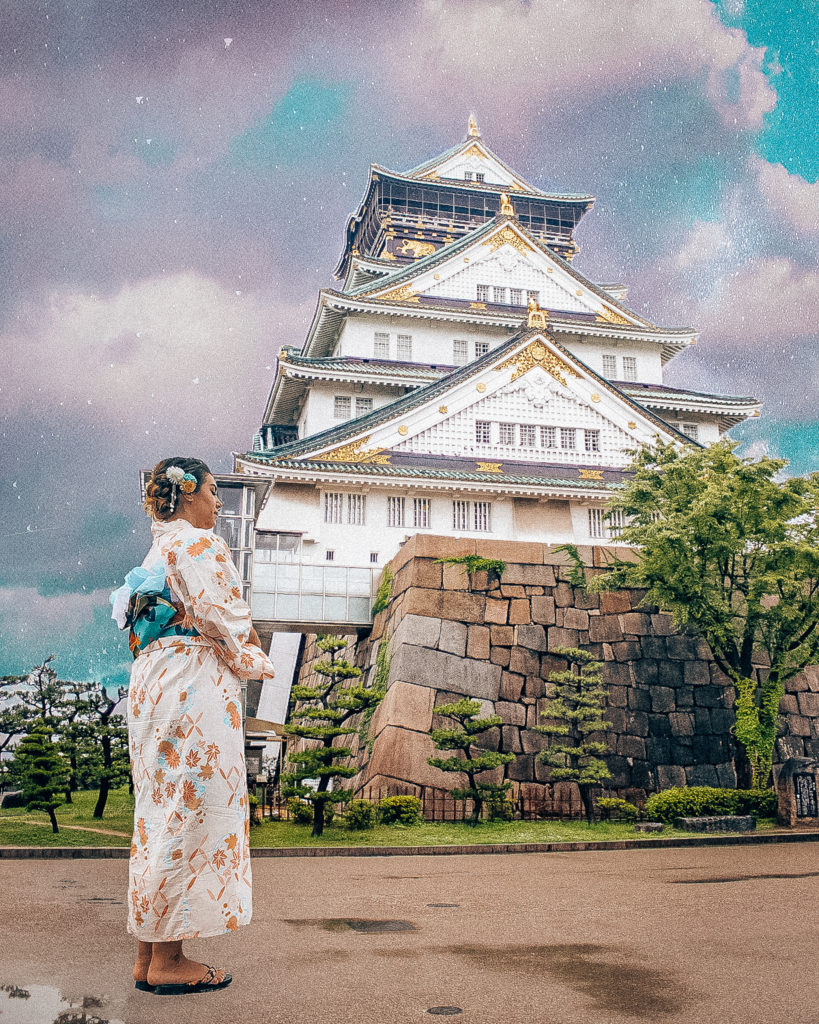
Frequently Asked Questions
Is Japan a good place to live?
There is no perfect place on earth. I’ve echoed that sentiment many, many times on social media. Granted there are a lot of good things to celebrate about Japan such as a low crime rate, national health insurance, and Japanese are very polite.
How much money do you need to comfortably live in Japan?
So exactly how much does it cost a person to live in Japan? You need about 40% of your salary to live comfortably in Japan. The average amount per month to live in Japan is about 138,000 yen per month.
Is it expensive to live in Japan?
In my experience, Japan is one of the most expensive countries in the world to live in. It also depends on where you live in Japan. In cheaper prefectures such as Okinawa and Hokkaido, rent can start at 32,000 yen. In Tokyo, the most expensive city in the world, rent starts at about 89,000 yen. Average food costs per month can be anywhere from 20,000 – 40,000 yen per month depending on how many groceries you buy and how much you eat out. Utilities such as gas, electricity, and water can range from about 20,000 – 25,000 yen per month.
Is it safe to live in Japan?
Japan has one of the lowest crime rates in the world. So yes, it’s pretty safe there. You can leave your things on the table and no one will take it. That doesn’t mean crime doesn’t happen there because it does.
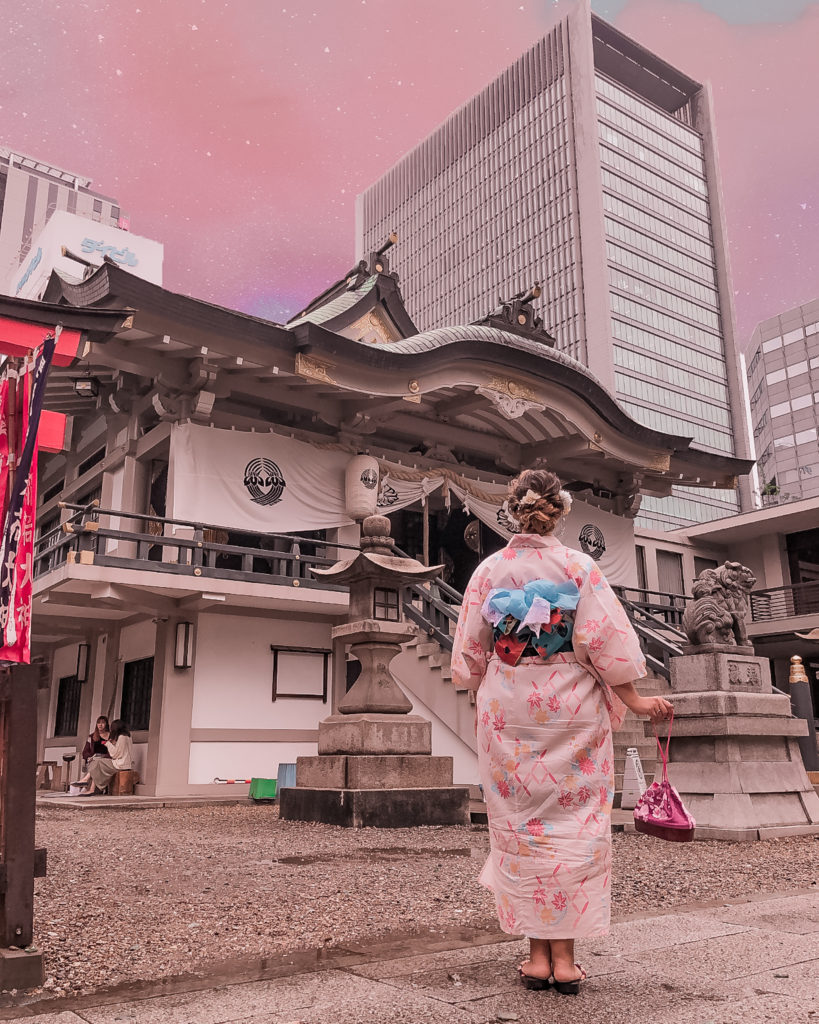
Daily Life in Japan
My life was pretty much that of a normal English teacher in Japan. I would get up at 7am and get ready to go to work. After I was done getting ready, I would start work at 8:15am and go into the morning meeting at 8:30am. (I eventually started excusing myself from these because everyone spoke to fast and most of what was discussed did not affect me personally. If it did, my supervisor would fill me in.) I taught 3-4 classes per day and worked a typical salary job in Japan.
After work especially when the weather was nice, I would go to the beach and swim. I spent my weekends with my friends drinking and partying. We also attended Japanese festivals. Whenever there was a long holiday, I would take the opportunity to travel somewhere cool in Japan since exploring the country was my main goal.
Also, if a new movie came out, I would go on base with my friends to watch it because Japan typically does not get new releases until three months after it hit US theaters.
In Comparison to America
For all of you reading my blog, just know I am American, born and raised. I spent 22 years of my life in the United States as my primary country of residence. Therefore, yes, I will be comparing Japan to the United States, my home country. If you don’t like it, then bye, see you never.
On Cost of Living
I found Japan to be one of the most expensive places I have ever lived. Since Japan is a cash is king society, it’s a bit harder to track what you’re spending. Food portions were much smaller compared to my home country and I found it overpriced.
I was spending a lot of money on rent, the yearly taxes on my car, gas, and just basically going through life in Japan. I found it very hard to save money as a lot of my income was going to my student loans and the yen fell hard in 2012 a few months after I moved.
On Culture
I personally found it very difficult to adapt to the cultural and societal expectations in Japan. I felt like a bull in a china shop never knowing who I was going to piss off because I didn’t know Japanese societal etiquette.
I’ll give you an example. Once, I was passing by a coworker in the hallway. I didn’t know if she was a teacher, a parent, or a staff worker from the office, so I didn’t say anything to her. Teachers are also scattered in other offices around the school. In an American workplace, sometimes the office or business is so large, you don’t know who all your coworkers are and it’s not uncommon not to greet people you don’t know.
In Japan, I learned, that is a big no-no. She once told another close teacher friend of mine that I was rude for not having acknowledged her. After observing Japanese culture for two years, I was able to figure out it was polite to just greet everyone. After that, my relationship with that one coworker got better, and she apologized for not having realized I didn’t understand what was proper or not in a Japanese workplace.
So if something that small can cause resentment toward you, think about what other things you don’t know about Japanese culture and society can do.
Now, don’t get me wrong. After having admired the culture of Japan from afar for so long, it was fascinating for me to take it all in. I had wanted to integrate myself into society so I could understand how the society works and why. Granted, I didn’t always agree with the way things were done, but at least I learned another way of life and thinking.

On Dating
I’ll say it once. I’ll say it twice. I’ll say it a million different times. Dating in Japan as a foreign woman was one of the worst experiences of my life.
Living in Okinawa, I didn’t have that great of experiences. My choices were between American military, expat men who preferred to date Japanese women, or Japanese men. I talk more in depth about Why Dating is so Hard For Foreign Women in Japan here and about Cheating in Japan.
From what I saw in Japan, most women who did have Japanese boyfriends were white. This isn’t to say that only white women had boyfriends. But many Japanese see scoring the woman with blonde hair and blue eyes as a sort of trophy they can show off for status points with the bros and nothing more.
I was too fat, too tall, and too opinionated to be taken seriously in Japan.
Let me reiterate that I do not think any of the above of myself. I like my body, that I am tall, and I can speak my mind on many different subjects. But for Japanese standards, I was way too much.
Now let me add just because my experience in dating in Japan wasn’t all that great doesn’t mean other women had it bad. Like everywhere in the world, there are different strokes for different folks.
On Fashion
Japanese fashion is ugly and only suited for Japanese.
If you don’t like my opinion, then that sounds like a you problem. I’ve never been a fan of booty shorts, oversized t-shirts, and frilly everything. Even the dresses are boxy to give the figure a shapeless experience. The lingerie there looks like it was designed for a ten year old with all of the ruffles and lace. It’s truly a scary experience with the way the fashion mindset is.
Most fashion there is bland with a lot of very basic colors. No one wants to stand out from the crowd and what is popular. What you see on Harajuku’s Takeshita Street is an extreme subculture of Japanese fashion. In Okinawa, Crocs were a staple and so were rash guards, sunbrellas, and long sleeves to keep from getting tan.
I’m a US size 12 and plus size isn’t really a concept in Japan. Most of the clothes made for bigger women are not fashionable and very expensive.
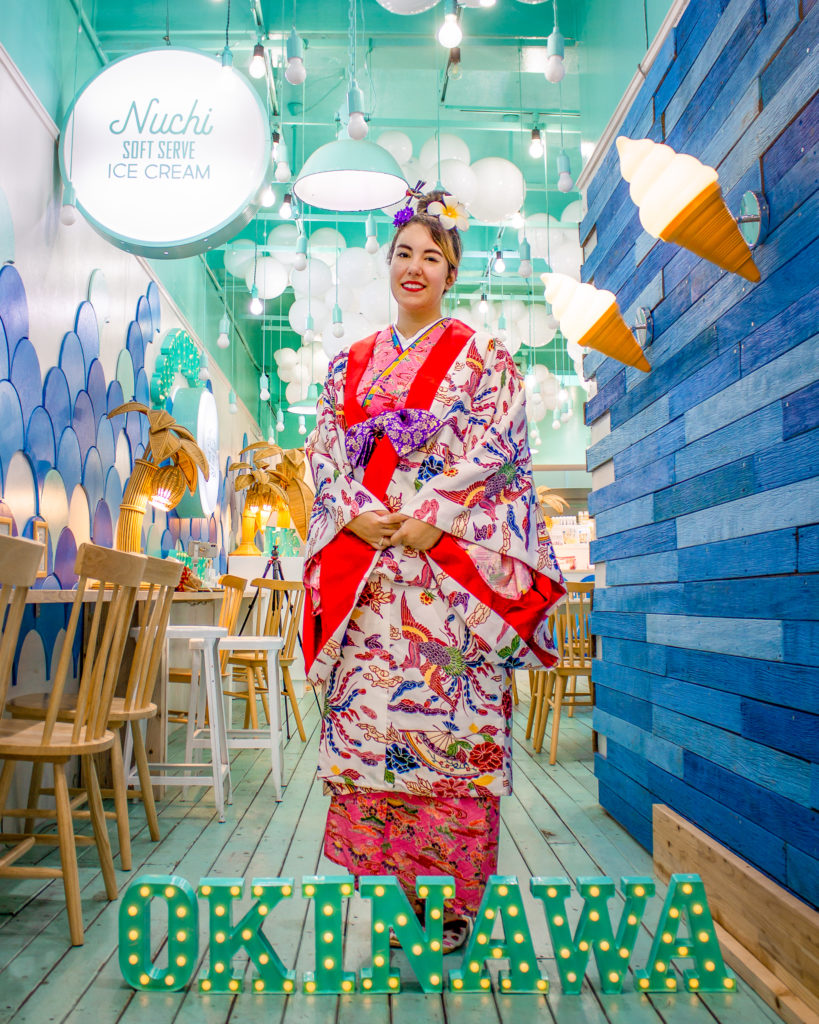
On Friendship
I found it very hard to make Japanese friends unless they had worked or lived abroad. I also hardly ever hung out with Japanese who didn’t work on the American military bases. It’s hard to reach out to someone who has never remotely been in the same boat as you.
Even when I could speak conversational Japanese, it was hard to make friends. I used to Cross Fit with Japanese teammates and while I learned a lot conversationally, they were never my friends outside the box.
On Food
My favorite place to go eating in Japan is Osaka. I love all the comfort foods like takoyaki, okonomiyaki, and kushikatsu. So very, very unhealthy, but so satisfying in your mouth. Other than that, I’m not really a fan of Japanese food.
I found most dishes to be very bland and seasoned with light flavors. Homemade or store bought bento boxes had heaping servings of white rice. I’d never eaten as much rice as I ate in Japan, and let me tell you, I got really fat in Japan. Not that I’m someone who eats junk food all the time, but it was really hard to find packaged deli meats or cheeses for sandwiches, tortillas, or even ground turkey (which was an especially strange concept in Japan). Even though I was living on Okinawa, and with the large military presence there, a lot of foreign foods were a foreign concept.
Now, I’m not saying Japanese should drop the way they eat for the small number of foreigners they let into the country. However, seeing how little foreign foods were in the markets showed me just how closed off Japan still was to the world.
On Healthcare
I stood by a very stark motto in Japan. Never go to the hospital unless you’re dying. Even then… That’s still questionable. I once got a needle stuck in my elbow in Japan. Since it was a Saturday, none of the regular clinics were open. When I eventually found a hospital on the other side of the island, my doctor ended up being a major dickhead. He operated on my arm twice and placed stitches really badly in my arm. To this day, I still have a huge raised scar right above my right elbow from what he did.
After that, I wasn’t so keen on the healthcare there. It was nice to be able to get help if I was sick, but going to the doctor often left me frustrated. They would tell me I’m fat and overweight (and this was before I actually was and in the best shape of my life). Doctors would also often not prescribe enough medication so I would have to come back for more and they could milk the national health care system.
On Low Crime Rate
One thing I liked about Japan was how I could walk around at night and no one would bother me. While the majority of my experiences were good, being a woman abroad in a patriarchal society does have its downfalls. That still didn’t stop weirdos from coming up to me and telling me I was easy, touts grabbing me in Tokyo to try and drag me away, and a pedo trying to grab my sister.
On Public Transport
When you’re in a big city, public transport is hella awesome. The buses come on time as do the trains. Transfers are easy.
If you’re everywhere else in Japan, not so much. Despite living on Okinawa, living in rural Japan also has these quirks. I needed a car to get around anywhere and everywhere in Okinawa. The buses were insanely expensive and never came on time. A bus ride from Yomitan down to Naha was $10. That’s half a gas tank for my old Suzuki Kei right there.
I figured it would be easier for me once I got my own car which was what I did. Having a car gives better freedom and mobility in Japan and I recommend getting one if you’re outside of a big city in Japan.
On weather
I lived in Okinawa—which happens to be one of the warmest and rainiest prefectures in all of Japan. Summers were humid and brought many typhoons. If you’re interested in how to prepare for a typhoon in Japan, click here. The coldest it would drop down to would be 15 Celsius or 60 Fahrenheit. The hottest it can get is about 38 Celsius or 100 Fahrenheit plus humidity which makes it hotter.
Though whenever I did visit mainland Japan in the winter, I found the weather to be quite mild and enjoyable. The only place I witnessed heavy snowfall was in Hokkaido.

Why I Really Left Japan
While on my third year on the JET Program, I was actually planning on staying a fourth year. During my third year, the principal of my school at that time happened to be a huge jackass. I didn’t speak with him much because he spent a lot of time outside the school and I didn’t have a good relationship with him the way I did with the previous principal. (Who absolutely adored me, btw, and invited me to his house often to eat dinner.)
Because my coordinator and I didn’t fill out some paperwork properly for my paid leave, he saw that as a huge no-no and decided not to re-contract me as his last act before he retired. When the new principal came in, it was a different story as he was much friendlier and wanted me to stay, but by then, it was too late.
That was when I learned in Japan, you sometimes have to kiss ass to those higher above you, and I’ve never been that kind of person. I’m someone who has always been kind to everyone unless they give me a reason not to like them. I don’t care what your position of power is. And that, my friends is one of the reasons why I left Japan.
In Conclusion
Life in Japan as a JET was probably one of the best and worst experiences of my life. I made the best friends a girl could ever ask for. I learned a lot about myself and grew into a better person.
What a lot of people don’t understand is that living in Japan is a completely different story than visiting. A lot of factors can go into making your life in Japan miserable and it’s a bigger deal than it would be in your home country. For instance, if you don’t like your job, friends, commute long distances, or you don’t enjoy the culture, you’re going to have a lot of problems.
In the end, it comes down to your expectations and what you’re willing to accept. I had some expectations about Japan based on books I read and entertainment I had consumed from Japan. In no way did those expectations fall short.
For me, there were quite a few things I was not willing to accept about Japan. One of those was not being able to date better men. For whatever reason a lot of trash congregates in the American military (not to say they’re all trash, but a large majority are). Japanese men saw me as a prize to show off to their friends and not a human being. I was not willing to accept living without certain foods or be without. This contributed into spending a lot of money on special groceries I had to order online and making my cost of living a lot higher. I was also not willing to continue destroying my skin from the harsh weather of Okinawa. And lastly, I was not willing to sacrifice my happiness because culture shock doesn’t come once and goes away, it goes in bouts.
There were days I was really excited to live in Japan and other days where I wanted to scream because I was tired of being illiterate and feeling like an idiot because I couldn’t read all the kanji. There will forever be many things I don’t understand about Japan, but that’s the beauty of the Land of the Rising Sun.
I believe your adaptability to being in Japan also comes down to your personality. If you just go with the flow and accept everything as the “Japanese way” then you’re probably going to have a better time than I did. I’ve always been someone who questions whether or not something comes down to culture or someone trying to take advantage of the situation. I don’t trust anyone easily (no matter what country they’re from) so I always expect the worst in people. Most of the time, people proved me right, but there were always amazing people, Japanese or not, who surprised me in the best way possible.
From my experience in Japan, I am so grateful I was forced to learn Japanese and quickly. It made my life easier in terms of communication and whenever I want to travel there, I can easily do whatever I need to do. I know the 411 in Japan and how the society operates so I don’t need to spend any time confused or lost in translation. Even though I would never go to live in Japan again, that doesn’t mean I won’t travel there. I love traveling to Japan. I love eating my way through Osaka, buying Japanese products, walking around temples, going to Japanese festivals, and renting kimono or yukata. Japan will always hold a special place in my heart, the way all first loves do. I experienced so much there and I left a piece of my heart in the ocean in Okinawa.

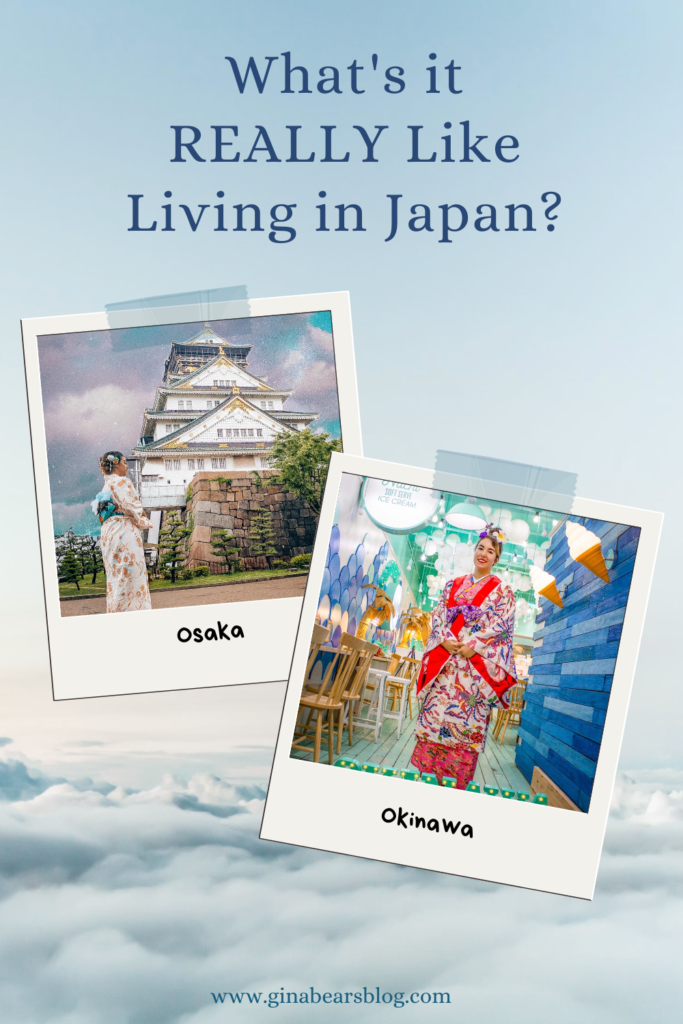
This post contains affiliate links which means at no additional cost to you, I make a small commission to help keep Gina Bear’s Blog running. Thanks for your support!
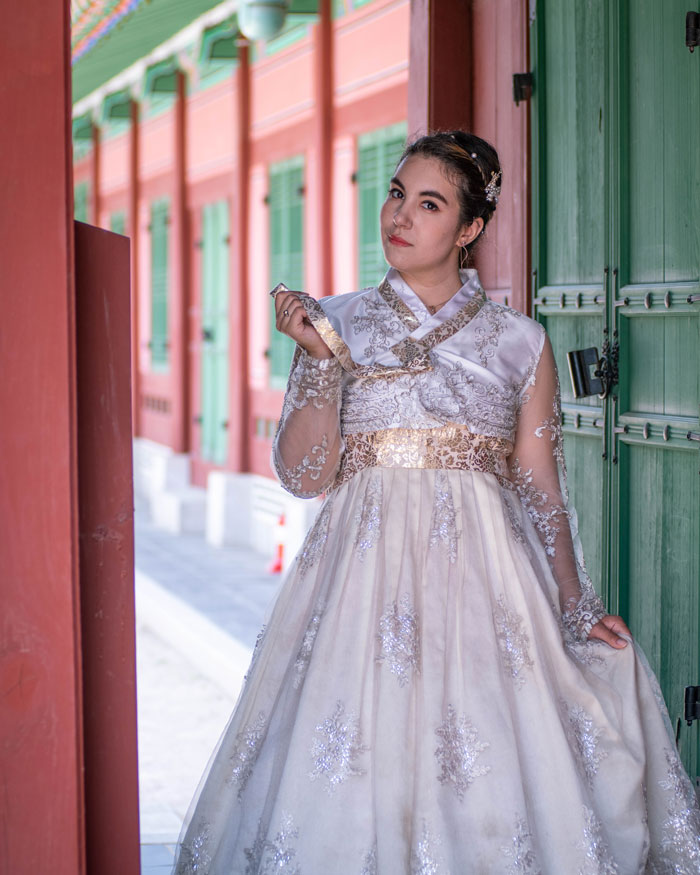
Free Seoul E-Book
Do you love South Korea?
Enter your name and email address and click the button below to receive your Easy Seoul Travel Guide so you can travel like a local!


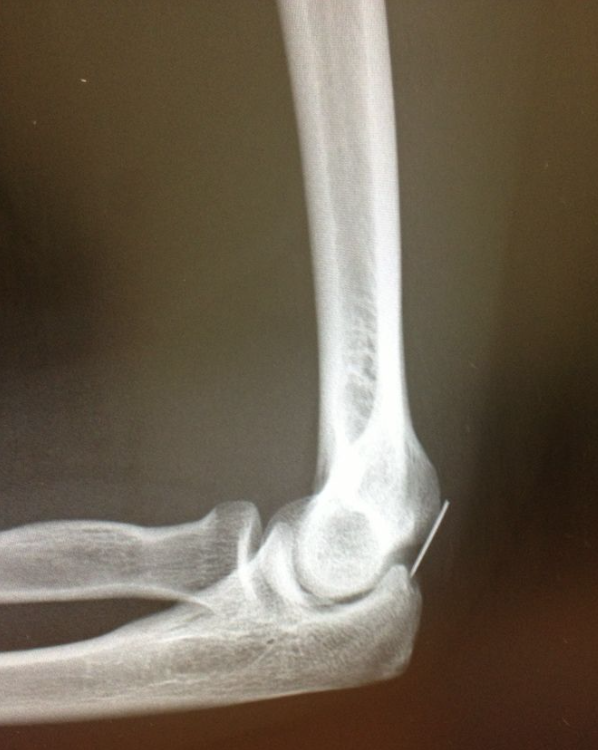
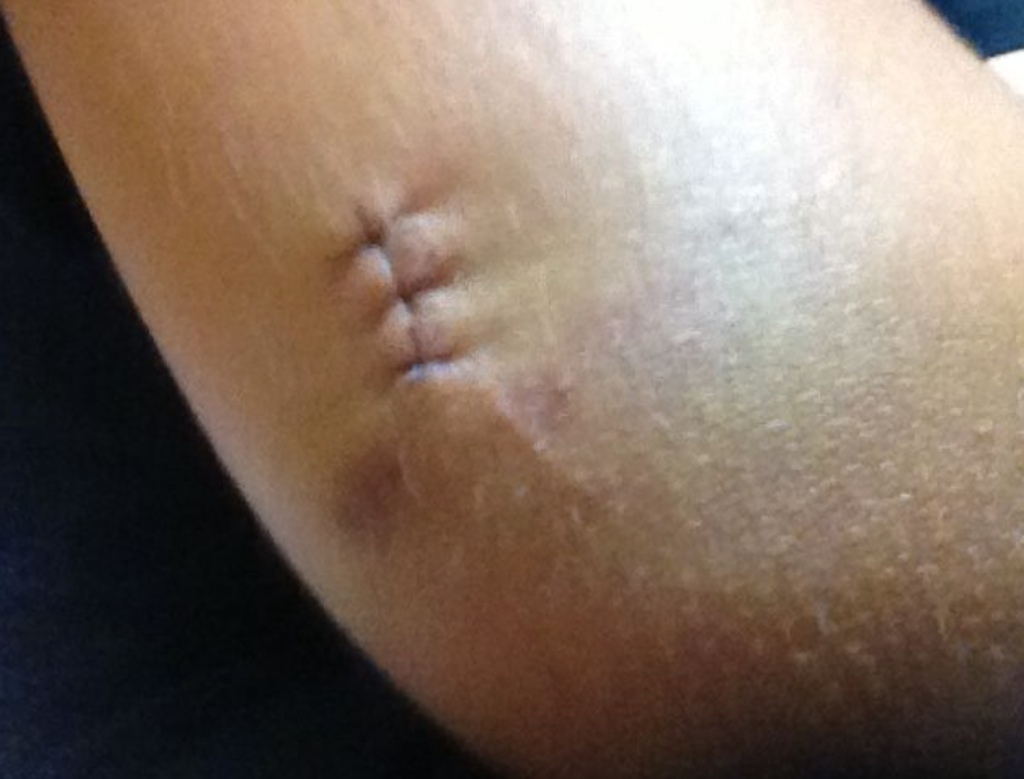
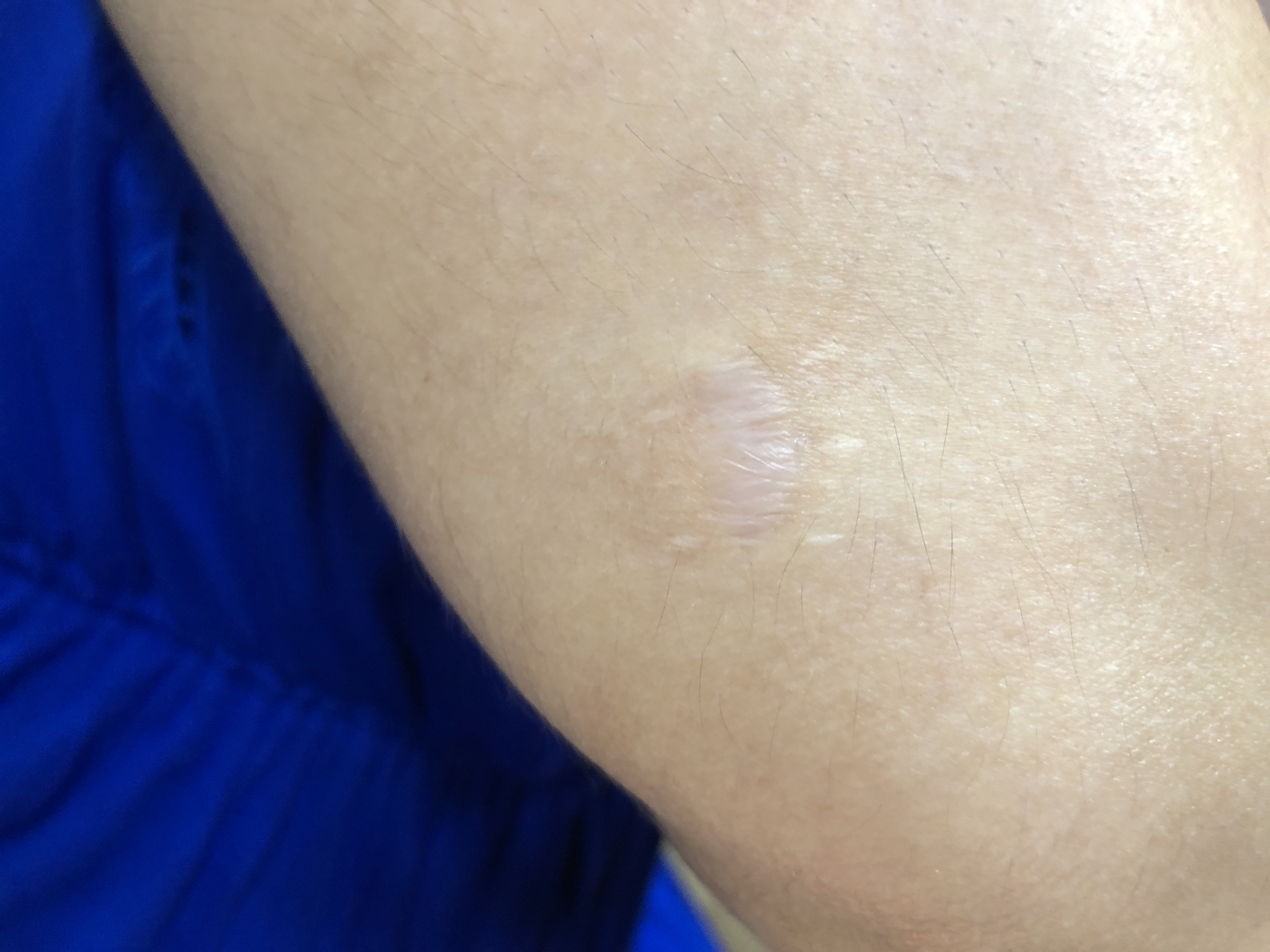
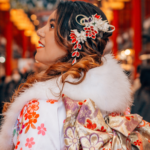


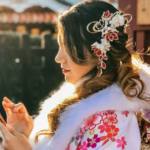
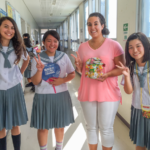
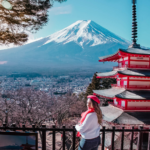
Hey there,
Your blog is really interesting.
What I don’t get is how you dreamed to live in Japan since being 12
but you don’t speak much Japanese, don’t like the food and don’t know the social concepts?
No ofense but that got me confused. I have the same dream (unfortunately I haven’t fulfilled it yet) and try to learn the language and I
know those concepts, beacause I read about them or watch videos of people living there and telling you about it.
Anyway keep up the good work. 🙂
Dude, you are rude as fuck. You know absolutely nothing about me. And FYI when you say “no offense” you’re actually meaning offense so maybe you should watch what you write.
But to answer you, yes, I do speak Japanese, no I don’t HAVE to like the food (especially where I lived in Okinawa where eating pork is a lifestyle) I’m vegetarian, and yes I do know the social concepts because I lived there for three years. And I probably know more of the cultural cues than you– a person who has never lived in Japan before.
Um, why are you treating people who genuinely asks so aggresively? Even made comparisons that YOU know better because you lived in Japan and she hasn’t. Who knows she will someday, and actually stays longer than you if she manages to have a more successful Japanese experience.
I am sorry for your less than desirable experiences and even if it didn’t happen to me personally, I have read lots of similar experiences to validate them. And also had some friends who experience the more negative Japan experience. Japan and its people can still be so backwards sometimes even if its the 21st century today.
I lived in Tokyo in Minato ward’s Daikanyama for study purpose before returning for the moment to my home country due to Covid-19. Even living in the capital I often felt lonely and my interactions with Japanese were mostly pleasant but I feel sometimes they’re being polite and friendly just because they have to. Luckily I never experience getting sick or in need of something urgent, even if those events can reveal how people and so-called friends truly are. Mostly I just enjoy myself and took many trips and a lot of them solos, as I’m pretty introverted and don’t like people bothering me and vice versa.
Anyways best of luck to you.
Did you read the initial comment? If not, read it again. This person meant all the offense.
They know it was rude to tell me I don’t speak Japanese or know the social constructs. It’s also very obvious they haven’t read any of my other blog posts.
Thank youu for your helpful info 💗 I like your blog a lot~
Hey, I’m interested in possibly moving over there for teaching as well. I was curious, what is JET?
The Japan and Exchange and Teaching Program. It’s like EPIK.